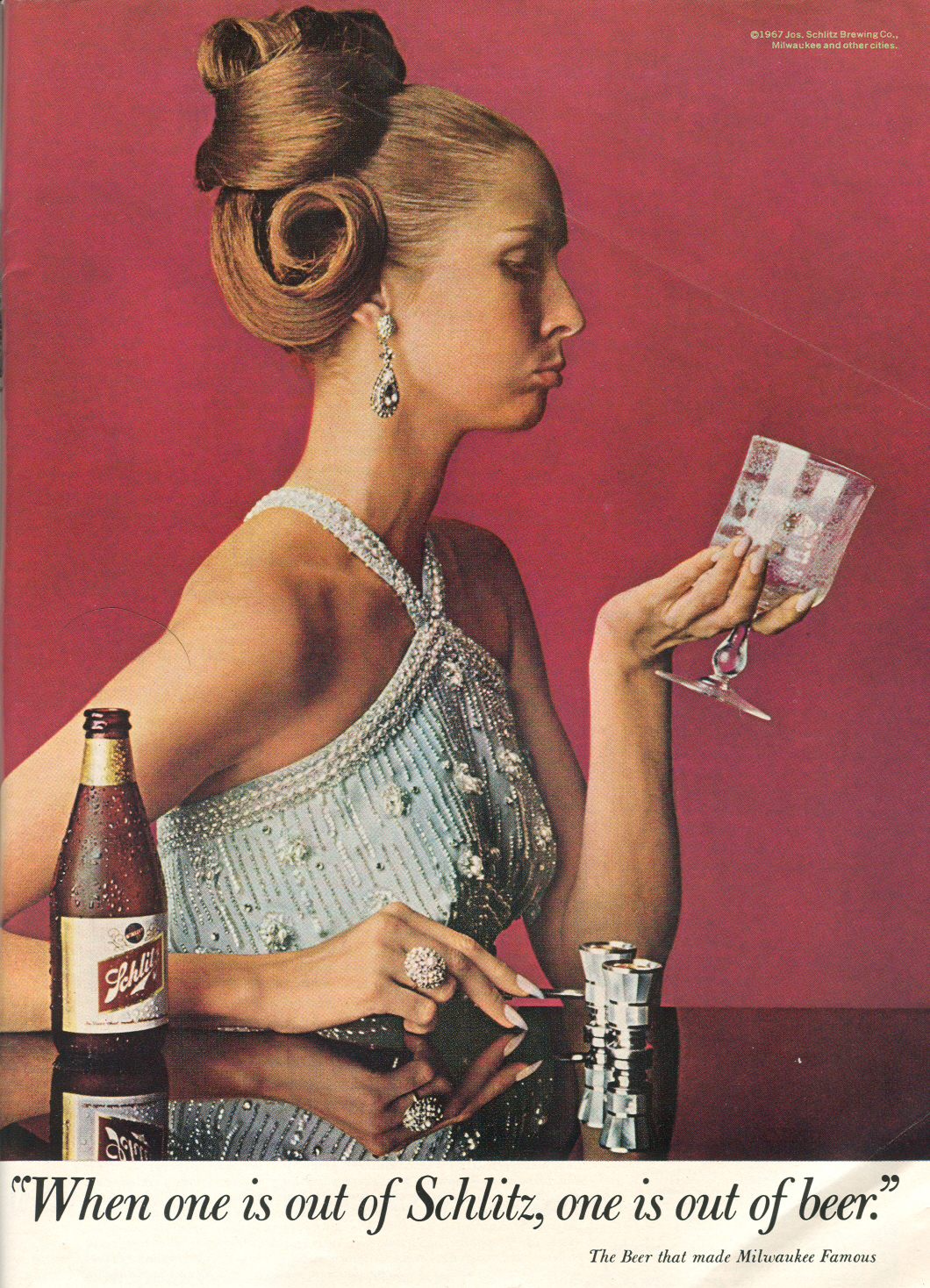
I would tell myself I wasn’t going to drink all day.
Then I’d take off my work clothes and beeline to the fridge—to the wine.
I remember pouring glasses and simultaneously asking myself, “Why am I pouring this?” I would look down at the glass and remind myself that it was only a Tuesday night, then proceed to drink the wine. It made no sense.
I could go out for a night with friends and be on my third drink, knowing I didn’t want a fourth, and as soon as the bartender asked what I wanted, my head would whip around with a smile and say, “Another glass of Chardonnay, please!”
There was a disconnect. I kept doing something that I didn’t want to—over and over—and it was making me angry and disappointed in myself. The disconnect that I am referring to and that Annie Grace writes about in her book, This Naked Mind, is called cognitive dissonance. In the field of psychology, cognitive dissonance occurs when a person holds two or more contradictory beliefs.
It basically means thinking two different things at the same time. I don’t want this drink; I want this drink. I don’t want this cake; I want this cake. I don’t want to spend the money on these shoes; I want to spend the money on these shoes.
In reference to addiction, cognitive dissonance would be explained the same way only doing that behavior repeatedly despite negative consequences—despite the destruction that it causes.
Sometimes we explain it like: my mind wanted one thing, and my heart wanted another.
My mind knew that I didn’t want to drink on a Tuesday night, but my heart was telling me that I deserved it. Right? That is the disconnect that I am talking about.
This is a warning sign—a big, huge red flag.
This is where alcohol addiction begins to develop. It does not begin with a physical need for alcohol. It begins with a psychological pull, against your better judgment, that is often baffling to explain.
So now that we have a name for it, cognitive dissonance, what does it matter?
It matters because that disconnect started to wear me down. It started to chip away at my self-esteem and my self-worth. I would wake up on that Wednesday morning and feel like a failure with no self-control. It slowly started eating away at the core of who I really was—a strong, capable, confident woman.
I kept doing something I didn’t want to do, and it was making me miserable.
So what did I do? I drank more. I started to numb the pain that the alcohol itself was causing. I would drink wine to forget that I didn’t want to drink wine, that I knew I shouldn’t drink wine. After a couple of glasses, I would feel normal again. I would calm myself down and reassure myself that it was only in my head.
It was in my head. The drug was slowly taking up residence in my brain and was psychologically starting to tear it apart. Cognitive dissonance is a scary example of the effect that early alcohol addiction had on me. I feel better now that I can explain it.
I don’t live with that disconnect anymore, and it is like a 500-pound gorilla has been lifted from my conscience. That is the kind of freedom I experienced when I chose to end the alcohol-induced tug-of-war going on inside my brain.
Now, my mind tells me that alcohol is not good for me and that I am better off not drinking it, and my heart reassures me that I am worth staying sober for.
It’s a match made in heaven.








Read 3 comments and reply